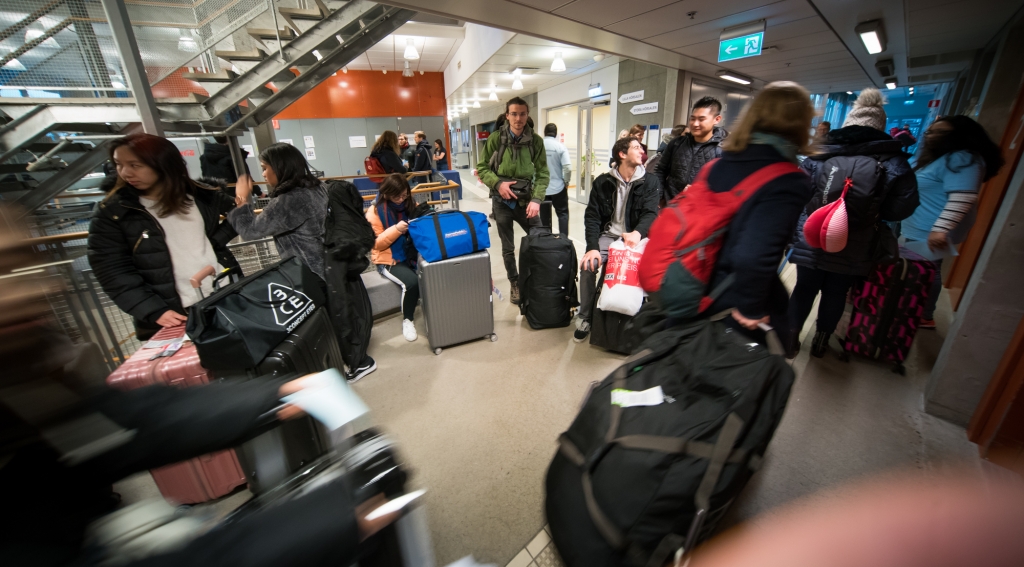Getting a job as an international student might seem like a challenge. Lundagård’s reporter Catalina Ordoñez went to Framtidsmässan, one of the biggest labour market fairs within public sector and got some tips.
‘Framtidsmässan’, one of the biggest labor market fair linked with the public sector jobs, gathered in Lund employers and students interested in a future internships and possible careers in this sector.
The employability for Lund alumni has always been a strength. For example, a survey in 2016 revealed that 88% of the previous international students found a job, and 90% of those got their job in a year or less; even more, 28% of them was an employee in Sweden, and 55% obtained a position outside their home country. However, for international and exchange students the conditions to get a job in Sweden are somehow different and should be in consideration as part of the process. For this reason, we spoke to Susanne Linné, Project Manager for Employability in Lund University, who handed out some tips:
- Lund University job portal
‘MyCareer’, the job portal for Lund University students, is a place online for employers interested in hiring current students and alumni in terms of positions, internships, thesis or volunteer. All students can apply for free to the vacancies and participate in the seminars, job fests and different events for students to start their careers. Just last year the portal received more than 13.000 applications.
- The field counts
Even though, the field of your studies influence the probabilities to get a job offer. Companies in Sweden are mostly looking for graduates in Engineer and Health Sciences; nonetheless, there are good offers for Business and Law areas.
- Improve your odds
Swedish language proficiency is a very important component that international students should incorporate in order to increase their chances to get a job. Just as important, is to have the ability to work in teams and to create strong networking skills.
Keep in mind
When you get a job it is very important to inform yourself with the unions and the migration board about the aspects you should consider, such as your working hours, the salary negotiation and the taxes responsibilities.









